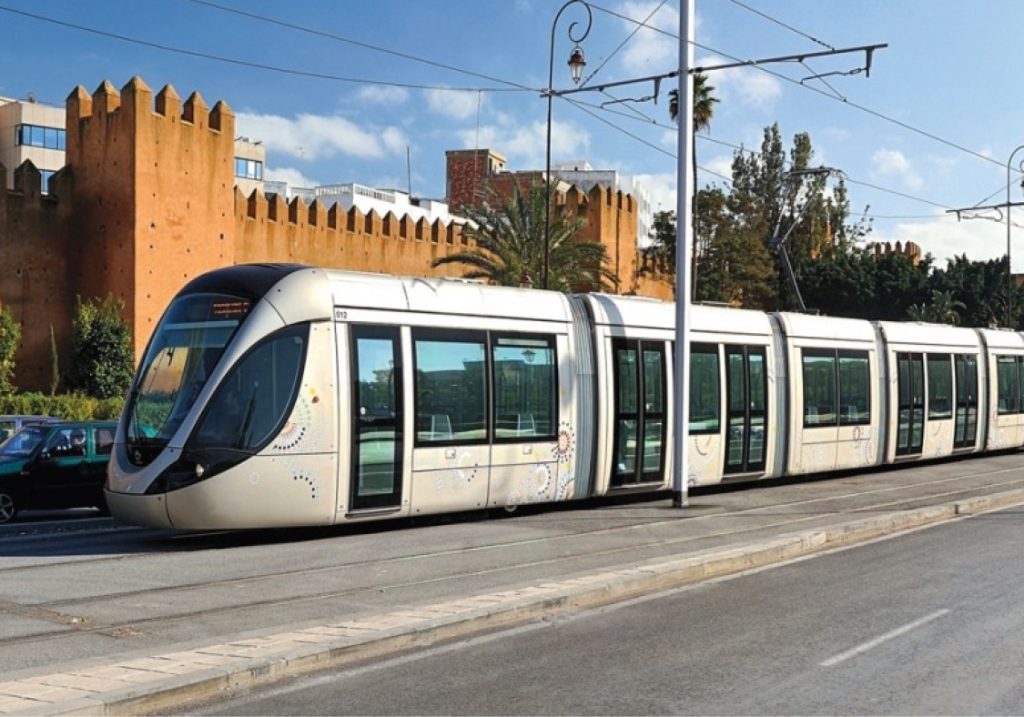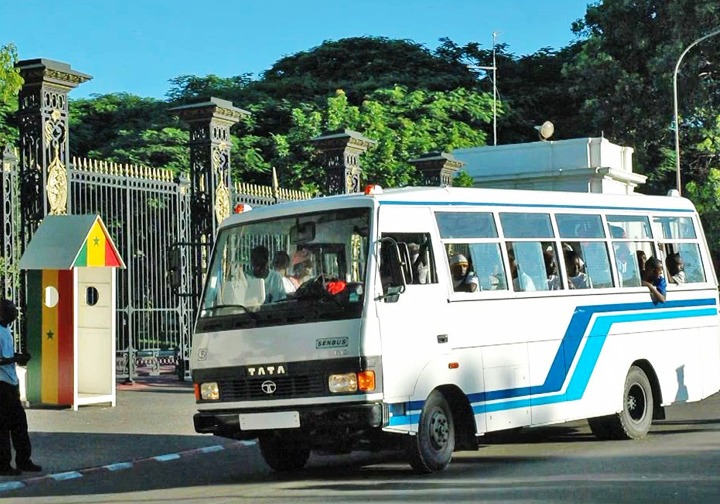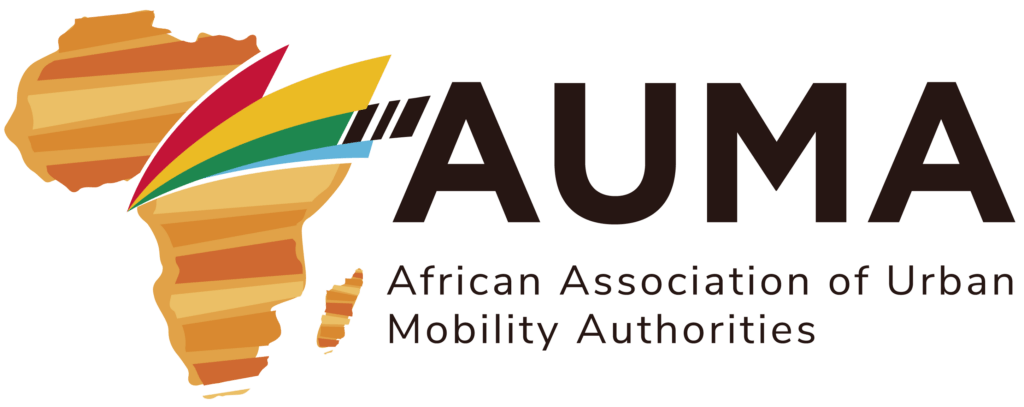About us
In addition to our internal activities, our main objective is to produce and exchange knowledge on key urban mobility topics. During our second General Assembly meeting, we decided to focus on three main themes for the first five years (2024-2028).
Theme 1: Governance, strategy and financing of urban mobility
This theme addresses the role of urban mobility institutions in Africa, the resources allocated to them, and the development of strategies to respond to the continent’s specific challenges. Although many solutions are imported from other regions, it is necessary to think about solutions more adapted to the African context, taking into account internal diversities. It seeks to understand how best to develop the scope, authority and capacity of urban mobility authorities (UMAs) within the local context and institutional environment of African countries, in order to address the identified challenges.


Theme 2: Planning and development of mass transport.
Several cities are interested in implementing high-capacity public transit projects, such as tramways. However, these projects often present challenges that can lead to successes and failures. This theme focuses on sharing and exchanging knowledge about the key factors that contribute to success and the potential pitfalls that can lead to failure. A crucial aspect of this theme is understanding how to design and implement efficient and affordable transport infrastructure tailored to the local context, ensuring they offer value for money.
This theme addresses initiatives aimed at improving, structuring, and modernizing the artisanal transport sector. It focuses on efforts to consolidate cooperatives, unions, or associations of operators and facilitate their gradual transformation into transport companies or economic interest groups, enabling more efficient management of services and easier access to financing. A crucial aspect of this theme is exploring practical and implementable strategies to enhance the regulation of the sector, while acknowledging the limitations of public authorities, including their capacity to enforce these regulations.

Similar activities will be carried out for each of the three technical themes. The main types of activities include:
01.

Benchmarking
Compare and make visible, in a structured way, the many different approaches found among urban mobility authorities (UMAs) in Africa. UMAs will be able to better understand their differences and similarities and thus build a database that will be of interest to members and urban mobility practitioners across the continent.
02.

Position notes
During position sessions, the Association adopts common positions or shares important information on important or emerging issues. These notes reflect a consensus, a point of view shared between the different members. For each declaration, a document will be produced and shared. Webinars could also be organized to present the declaration and discuss it with stakeholders.
03.

Production and dissemination of technical studies
The Association will facilitate the completion of technical studies in areas where knowledge needs have been identified. These studies, more detailed and technical than the summary documents, are mainly intended for members of the Association, but are also disseminated to a wider audience.
04.

Capacity building
activities
The objective is to train the staff of UMAS members of the Association in all areas of urban mobility related to their functions. Implementation will take place through the LUTP program which is based on interactive training seminars during which urban mobility managers develop the skills necessary to identify, prepare and implement integrated solutions to complex problems in the sector.
05.

Meetings & Seminars
They can be virtual, physical or hybrid. AUMA seminars will take place every 2 months. The themes covered will be as follows:
Presentations of technical studies
Presentations of projects and programs undertaken by members
Other topics of interest
Subscribe to our newsletter
Don’t miss any AUMA news by subscribing to our newsletter. Keep up to date with the latest news and initiatives from our association.
